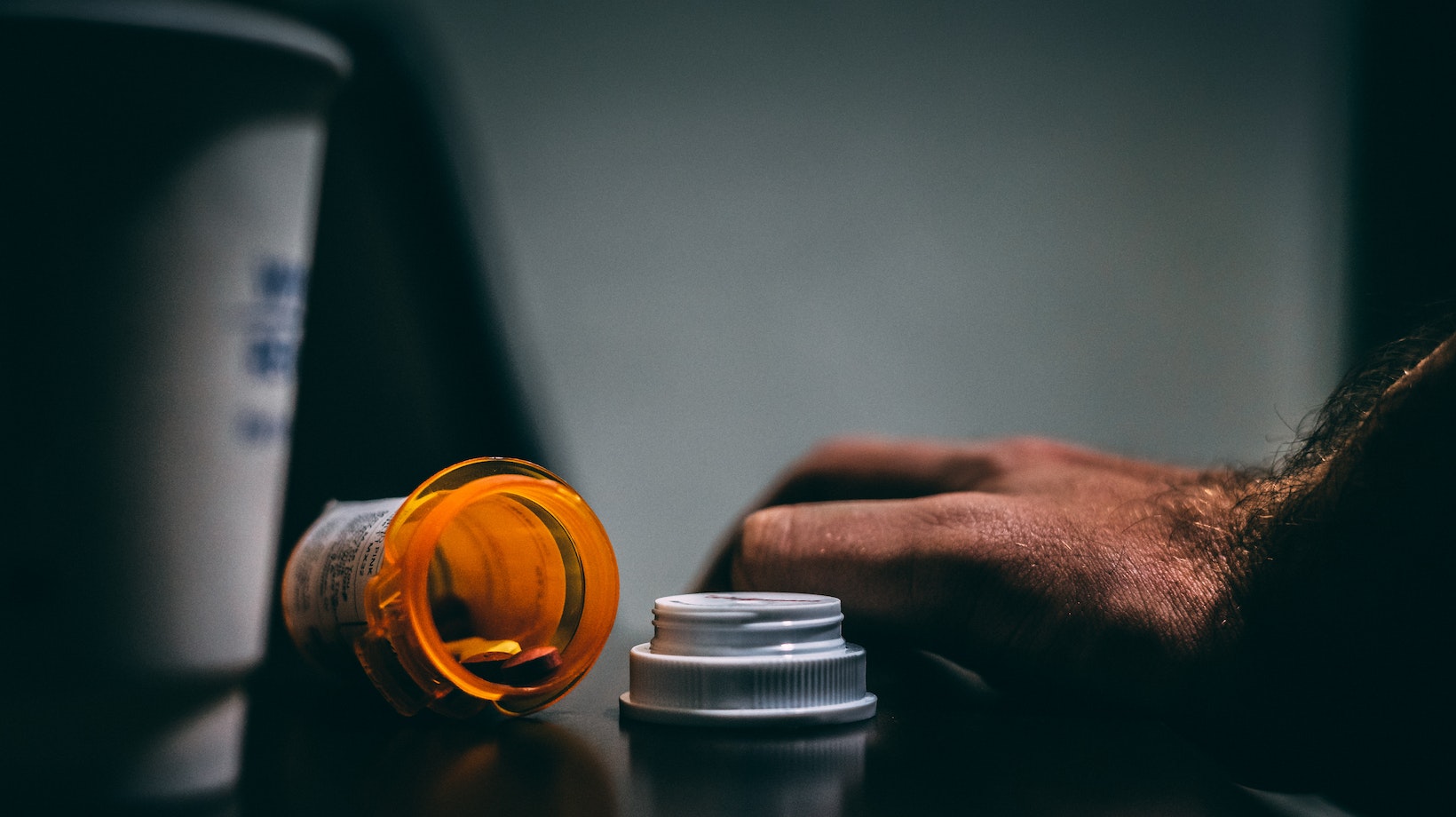
Wondering if you’ll undergo a drug test at your initial pain management appointment? It’s a common question many patients have when embarking on their journey towards pain relief. The answer to this query may vary depending on the specific policies and practices of the pain management clinic you’re visiting.
In some cases, clinics may indeed perform drug testing as part of their standard protocol for new patients. This is done to ensure that appropriate and effective treatment plans can be tailored based on an accurate understanding of each patient’s unique medical situation and any potential substance use concerns.
Will I Be Drug Tested At My First Pain Management Appointment
What is the purpose of a pain management appointment?
At your first pain management appointment, the primary goal is to assess your condition, understand your medical history, and develop an appropriate treatment plan. The purpose of this initial visit is for the healthcare provider to gain insight into the nature and severity of your pain, as well as its underlying causes. They will use this information to determine the best course of action moving forward.
During this appointment, you can expect your healthcare provider to ask you detailed questions about your pain symptoms, such as when it started, how it feels, and what exacerbates or alleviates it. They may also inquire about any previous treatments you have tried and their effectiveness. By gathering all these details, they can better understand your unique situation and tailor a personalized treatment approach.

Common Drug Testing Methods Used
As someone who is curious about whether drug testing will be conducted during your first pain management appointment, it’s important to understand the common methods used in such situations. While I can’t guarantee what will specifically happen in your case, I can provide you with some general information about drug testing methods commonly employed in pain management settings.
- Urine Drug Testing: This is one of the most frequently used methods for detecting drugs and their metabolites in a person’s system. A urine sample is collected and tested for various substances, including opioids, benzodiazepines, cannabinoids, and stimulants. Urine drug tests are known for their accuracy and ability to detect recent drug use.
- Blood Drug Testing: Blood tests are another method occasionally used to detect drugs. They offer a more accurate representation of current drug levels compared to urine tests as they measure the presence of active substances circulating in the bloodstream at that moment. However, blood tests may not be as common in routine pain management appointments unless there are specific reasons or concerns.
- Oral Fluid (Saliva) Drug Testing: Saliva-based drug tests involve collecting a sample of oral fluid using swabs from inside the mouth. This method can effectively detect recent substance use within a few hours up to a couple of days before the test. It is less invasive than other methods and suitable for detecting certain drugs like marijuana and amphetamines.
- Hair Follicle Drug Testing: Hair follicle testing provides an extended window of detection compared to other methods but is less commonly used due to its higher cost and longer turnaround time for results. This type of test analyzes hair strands for evidence of drug use over several months or even years.
It’s worth noting that each pain management clinic or healthcare provider may have their own protocols regarding drug testing practices during initial appointments or follow-up visits. If you have any concerns about drug testing, it’s always best to directly communicate with your healthcare provider. They can provide you with accurate information tailored to your specific situation.










